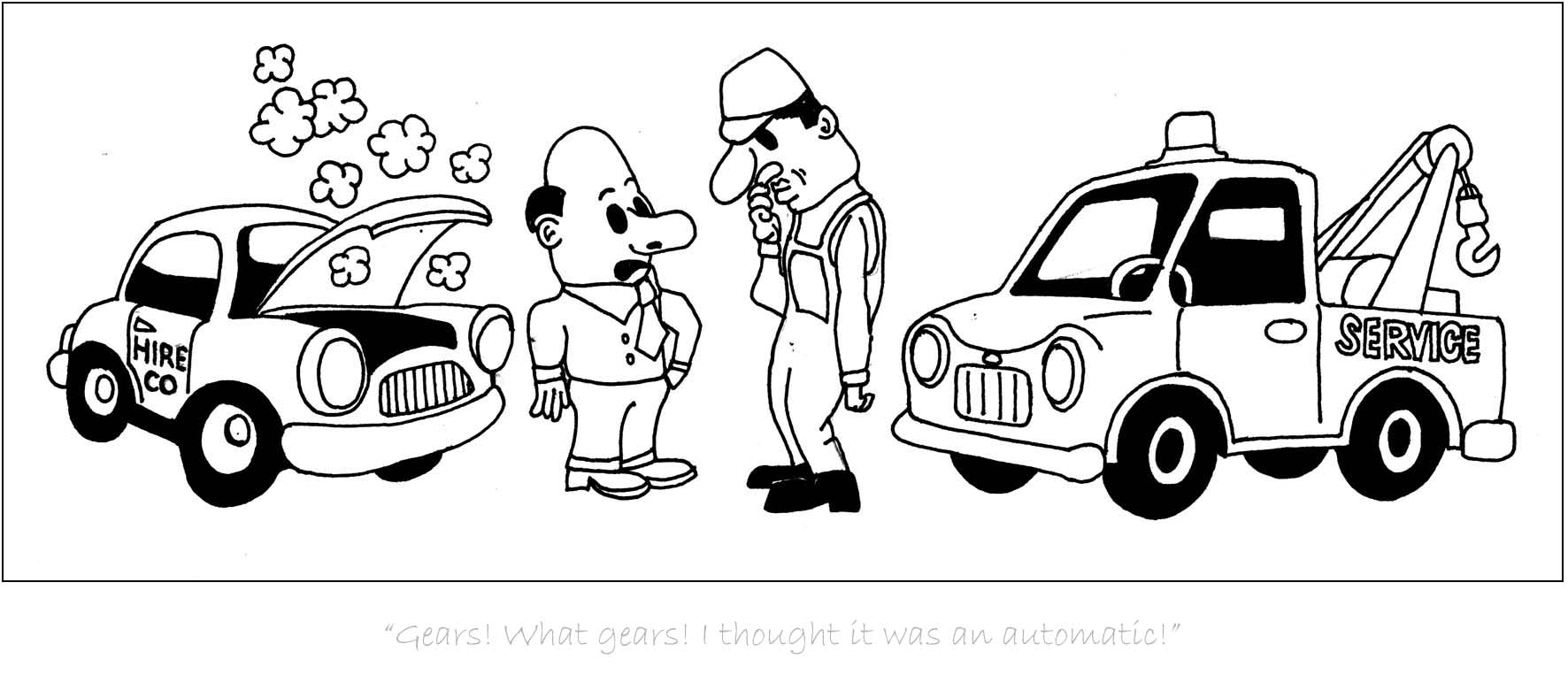One of the most significant challenges that organisations face is to constantly improve at all levels, whether groups, teams, departments, communities or an even wider space. Among the various methods used to effect positive change is that of appreciative enquiry; also known as appreciative inquiry. Its essential strength lies in the fact that it focuses on what is being done right – that is, what is working – rather than what isn’t.
A problem with focus
Typically, change programmes are implemented in order to fix a known problem. One of the most common change initiatives goes by a different name: restructuring; and when it is implemented, organisations make a deliberate effort to focus more on core business and to remove waste. Unfortunately, this invariably means that jobs are lost, a result perhaps of their failure to expand sensibly.
Appreciative enquiry is different. It looks at what a group, team, or company – whatever – is doing well, and then seeks to capitalise on it. In other words, it sets out to do more of what it excels in, rather than to focus on what’s broken. It follows a line of thinking that’s been known in psychological circles for decades, and that is that you get more of what you focus on; not less.
Circle of Concern
Stephen Covey discussed this in his book, The Seven Habits of Highly Effective People. In it he talked about the Circles of Influence and of Concern. The latter is drawn inside the former. The basic idea is that the one that gets the most attention is the one that will grow. And so if you spend your time and energy in the Circle of Concern, then you will end up with more to be concerned about. This is one of problems that Appreciative Enquiry set out to solve. If you look for problems, then you’re bound to find them.
The Circle of Influence works exactly the same way. If you focus on what you can do instead of what you can’t, then you’ll find that over time you can do more; a lot more. To look at it another way, if you look for what you’re doing right, then you’ll find more of it, too. And so if you capitalise on the good that you already do, then you can set yourself up to do that good, more often, more widely and more consistently. A key is to imagine what is possible and work towards that end, rather than to dwell on all the things that are holding you back.
The power of deeply inquring questions
Appreciative enquiry does rely partly on the power of questions. Ask a feeble or vague question, and you’ll get a feeble or vague answer. Ask a thought-provoking and insightful question, and you’ll get a thought-provoking and insightful answer; and the more people you have who are seeking for the good you do and asking powerful questions, the better. Appreciative research tends to work best as a “collective enquiry”, and it means that everyone is involved.
It cannot be all good, can it?
Critics of Appreciative Enquiry point out that focusing on the good to the exclusion of the bad can prevent organisations from dealing with important problems. There certainly are grounds for this. Individuals do it all the time. They will ignore the unpleasant for as long as possible. However, that’s one of the strengths of this method. By asking powerful questions, the good as well as the bad can be uncovered. And then when the imagination of everyone kicks in, the problems are seen as solved, and the good that’s already being done improves as well.
Inherent belief or deep inquiry?
The key to success through this method is to recognise that there are inherent beliefs that are based on what we think and also what we assume. Those thoughts and assumptions are often at the root of what you consider to be good or bad. They’ll determine the strategies you choose and govern your approach to business improvement. They’ll cause some people to act as wise managers, and others to be foolish.
If you want to bring about positive sustainable change in your organisation, then you need to concentrate your efforts on what is good about what you do. Make the time for you and your people to appreciate what they do best, and then start asking intelligent deeply inquiring questions that will help you to discover even more…
To find out more about the rapid and sustainable progress that Appreciative Enquiry has helped others achieve
contact us here



